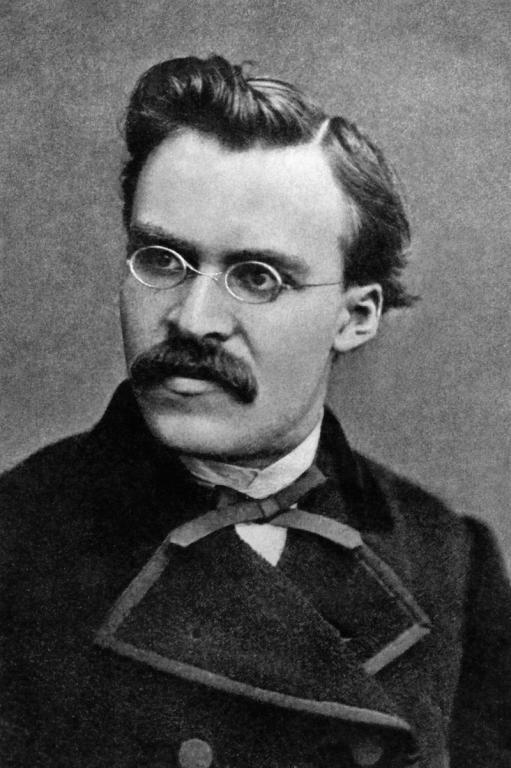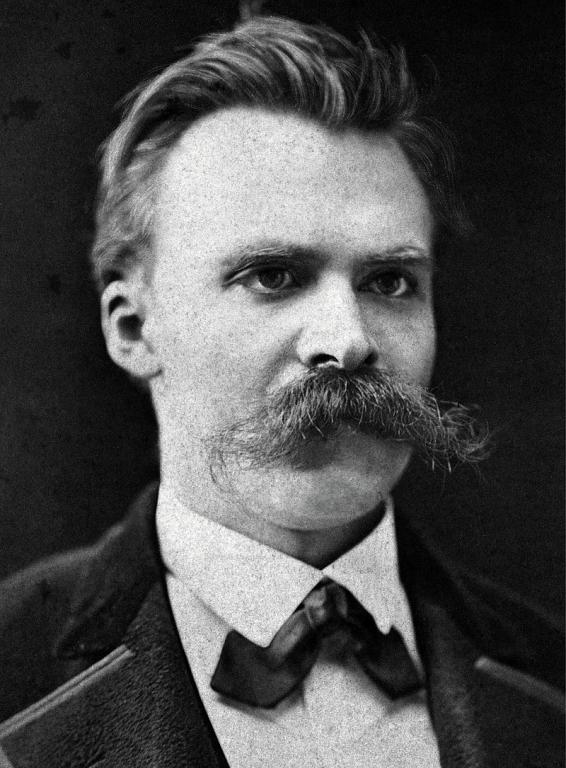Last week I shared a way of modeling Pascal’s Wager, which Pascal offers as an argument for God’s existence. This week I want to share three common critiques of Pascal’s Wager.
1st Critique: the Wager does not work as a demonstration of the advantages of Christianity, over other religions.
I agree with this critique. Think about it for a second. You could run the Pascal Wager for a variety of different religious perspectives that teach the existence of an afterlife. You could run the Wager for Islam, or for Hinduism, or for other worldviews. Since, on balance, it pays to wager on the correctness of whatever religious perspective you choose because of the possibility of eternal happiness in the afterlife, you ought according to the Wager to do so.
However, although I think that the Wager does not work as an argument for the correctness of Christianity, over and against other religions, I do think that the wager demonstrates that atheism is an unwise worldview. Think about it for a minute. If there is any chance at all that there is a God and an afterlife, then you ought to wager that there is a God and an afterlife. This is because, no matter how unlikely God’s existence, nevertheless if there is any likelihood at all that God does exist then the possibility of an infinite upside makes the wager worth it. A folksy way of saying this is the idea that no theist ever on his death bed wished that he had lived his life as an atheist. Most humans who reflect on the issue would say that the probability of God’s existence is greater than 0.

2nd Critique: the Wager is cynical and encourages bad motives.
I partially agree with this critique. Think for a moment about the reasons that the Wager suggests for why you ought to bet that God exists. Basically, as I understand the Wager, the suggestion is that you should bet that God exists so that you can obtain the best possible outcome in the afterlife. By betting that God exists you are covering your bases and opening yourself up to infinite upside (while avoiding infinite downside).
But this, so the cynicism critique goes, is a bad motive that is inconsistent with Christian views of character change (note that the cynicism critique only works from a Christian perspective – it presumably does not work from certain other religious perspectives). The reason why it is inconsistent is that it promotes self-interest and it does not incentivize us to obey God for more legitimate reasons. The traditional reason that Christianity has offered for why we ought to obey God is that we should do so because we love Him and, out of gratitude for all He’s done for us we are eager to obey Him.
I agree that it’s not good for your character if the only reason you choose to obey God is in order to obtain better rewards in the afterlife. That’s probably a pretty bad reason for obeying God, if in fact that is your sole reason. My own view is that the Pascal Wager is only useful as a starting point, and that persons of faith (like myself) ought not to just stay there their whole lives. Take Christians as an example. Instead of just staying at the level of self-centeredness for one’s whole life, Christians ought to venture further and learn to appreciate their faith for other, more substantive reasons. They ought eventually to learn to love God for the sake of glorifying Him, and not just in order to obtain the best benefits for themselves. So the Pascal Wager is limited by these considerations, in my view.
3rd Critique: if the probability of God’s existence is 0, then the Wager doesn’t work.
I agree here that if the probability of God’s existence is really 0, then the Wager is unsuccessful. Mathematically speaking, if you multiply 0 by Infinity (i.e. the infinite upside one might experience in the afterlife), the number is still 0 – which doesn’t make sense to pursue from the perspective of personal utility.
But I do not think that this is a knock-down argument. This is because I do not think that the probability of God’s existence is 0. The Pascal Wager ought not to be seen as a stand-alone argument for God’s existence. It is a secondary, dependent argument for God’s existence in the sense that other arguments must first be made in order to demonstrate that the probability of God’s existence is greater than 0. I have no problem saying that I think that there are other arguments which do a good job of demonstrating that the probability of God’s existence is greater than 0. Thomas Aquinas’s Cosmological and Teleological arguments come immediately to mind, for example. If the probability of God’s existence is 10%, for example, then 0.1 * Infinity is still Infinity – a number which makes incredible sense to pursue from the perspective of personal utility. If you happen to think, as I do, that the probability of God’s existence is far higher than 10%, then that just makes the rationality of the Wager all the more convincing.
















